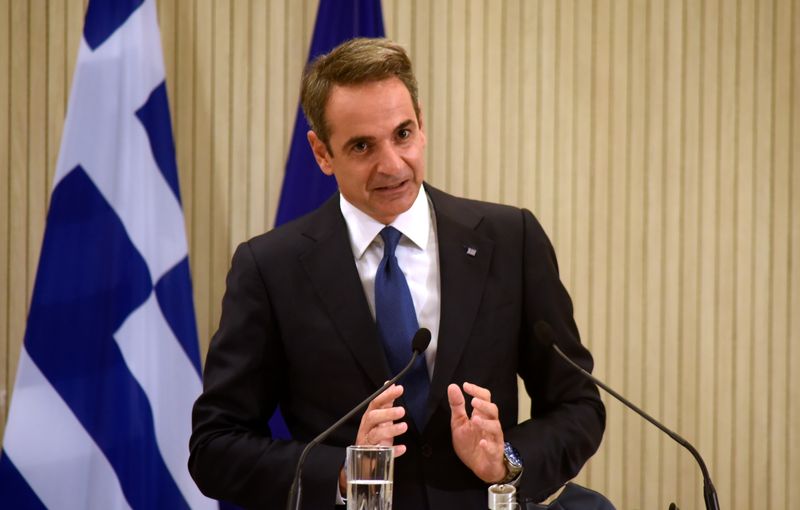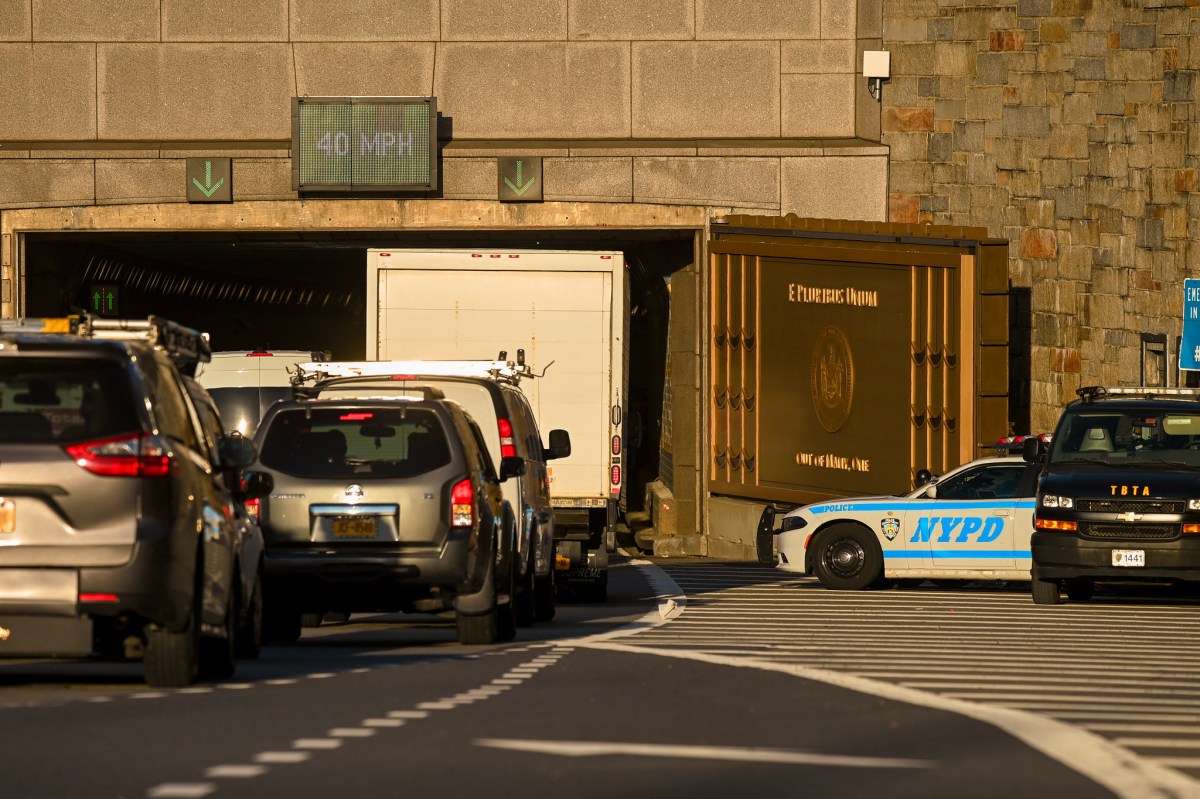NICOSIA (Reuters) – Greece urged the European Union on Wednesday to reconsider its customs union with Turkey in response to Ankara’s continued gas exploration in contested Mediterranean areas, deploring what it termed Turkey’s “imperial fantasies.”
After meeting Cypriot President Nicos Anastasiades and Egyptian President Abdel Fattah al-Sisi in Nicosia, Greek Prime Minister Kyriakos Mitsotakis said they all agreed that Ankara was “blatantly” violating international law.
“Turkey’s leadership has fantasies of imperial behaviour with aggressive behaviour from Syria to Libya, Somalia to Cyprus, from the Aegean to the Caucasus,” he said.
The EU should also take note of Turkey’s “many violations” of the EU-Turkey customs union accord, Mitsotakis said.
“It is not possible for a state, a third state, a country which is a candidate for EU membership, to be exempt from (customs) duties, to reap the benefits of the common market but at the same time threaten the eastern borders of the European Union,” he said.
Huge gas finds off the coasts of Egypt and Israel in recent years have prompted a rush of Mediterranean states claiming waters for future hydrocarbons research, exposing deep and longstanding disagreements.
Tensions between NATO allies Turkey and Greece over maritime boundaries have rekindled since August, when Ankara sent a seismic survey vessel to a disputed area.
Ankara has also sent a drill ship to a position off the coast of ethnically split Cyprus.
The attempt to stake rival claims has also brought other players into the fray; Turkey and Libya agreed on sea boundaries last year, a pact which Athens says infringes its continental shelf.
This year Greece signed a deal outlining a maritime boundary with Egypt, infuriating Turkey, which says the move encroaches on its territory.
Turkish Vice President Fuat Oktay said later on Wednesday that Turkey’s seismic exploration activities in the eastern Mediterranean would continue and that Ankara did not need to get anyone’s permission.
“What we do is within our own continental shelf, so we are talking about outside interference in our efforts in an area for which we don’t feel the need to get permission from anyone to operate,” Oktay said in an interview with broadcaster CNN Turk.
“Of course we can carry out exploration wherever we want and we do so. We will continue our work. The deal signed with Libya, the regions just south of Crete, are part of this.”
(Reporting By Michele Kambas and Renee Maltezou in Nicosia and Athens, and Mohamed Wali in Cairo; Additional reporting by Tuvan Gumrukcu in Ankara; Editing by William Maclean/Mark Heinrich)




















